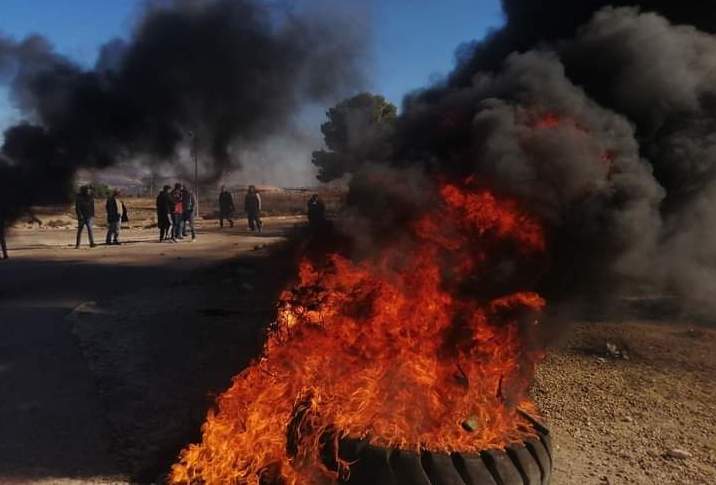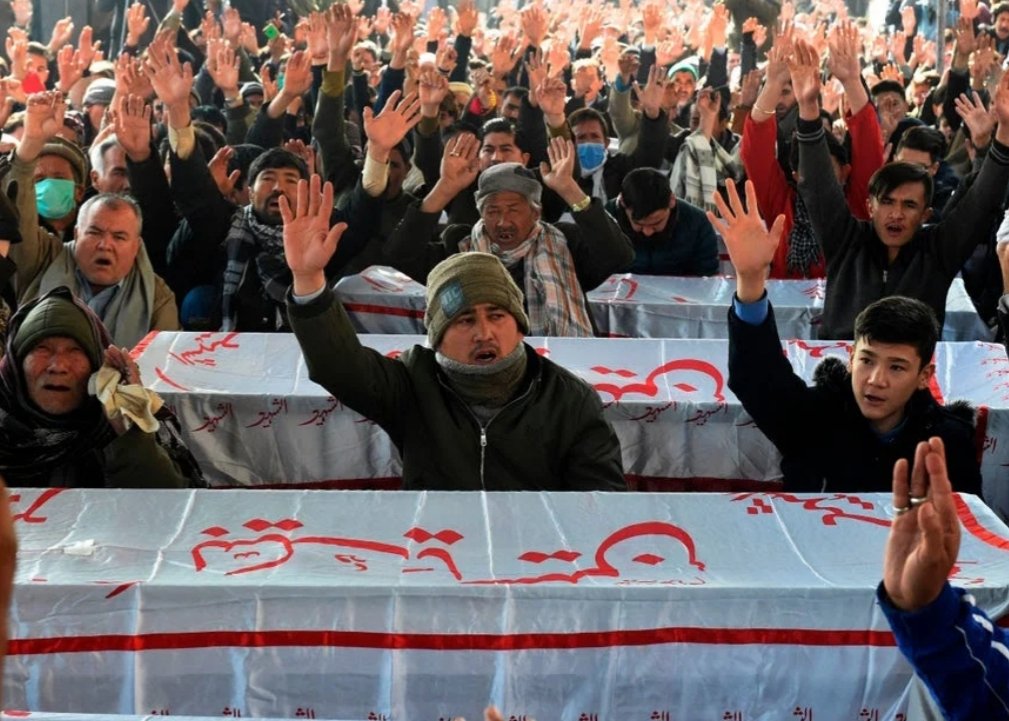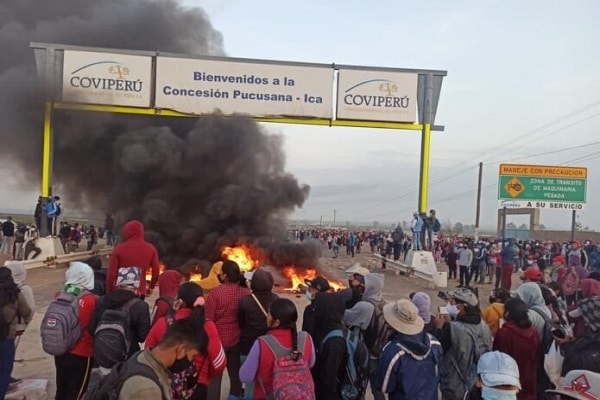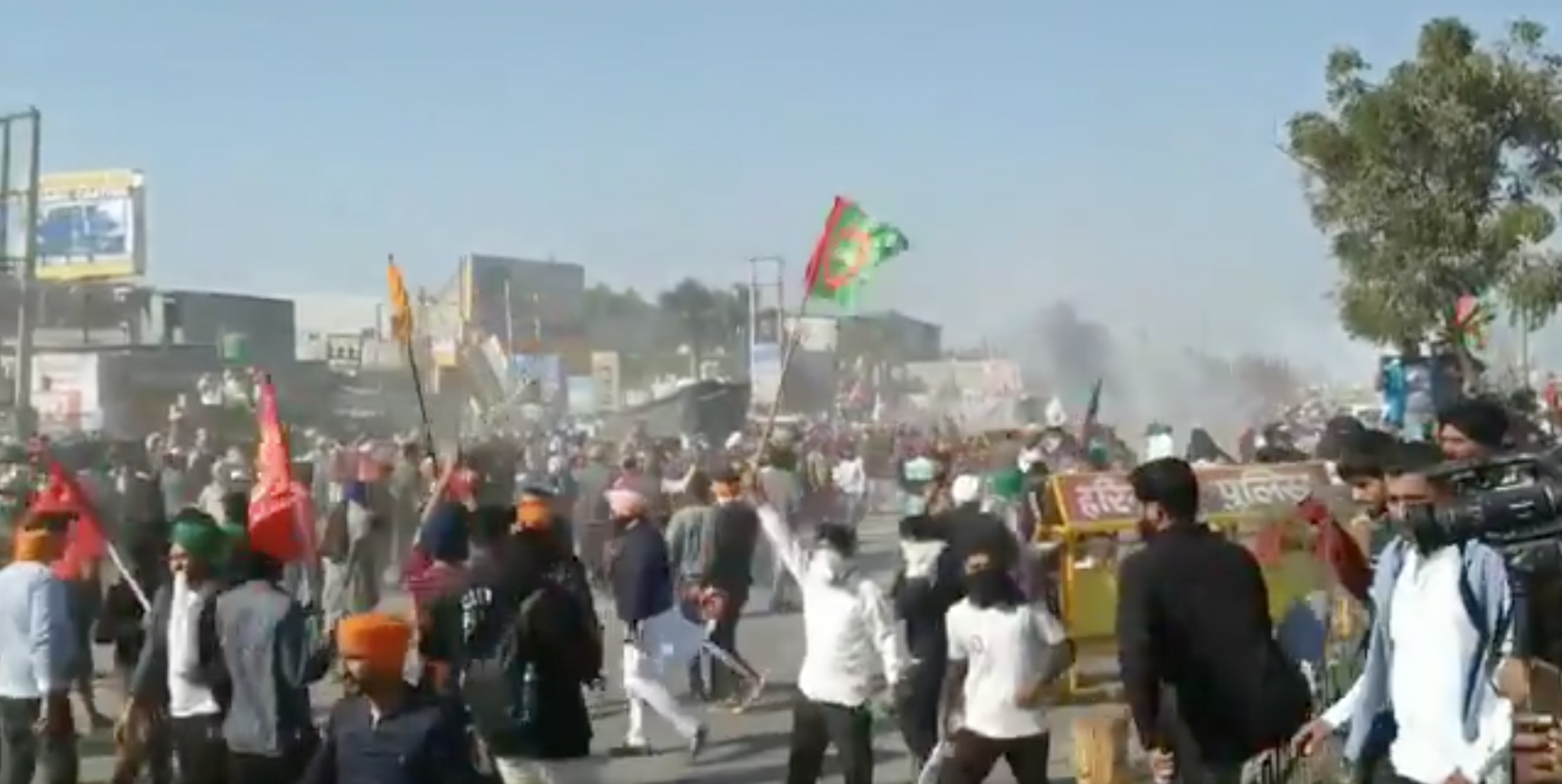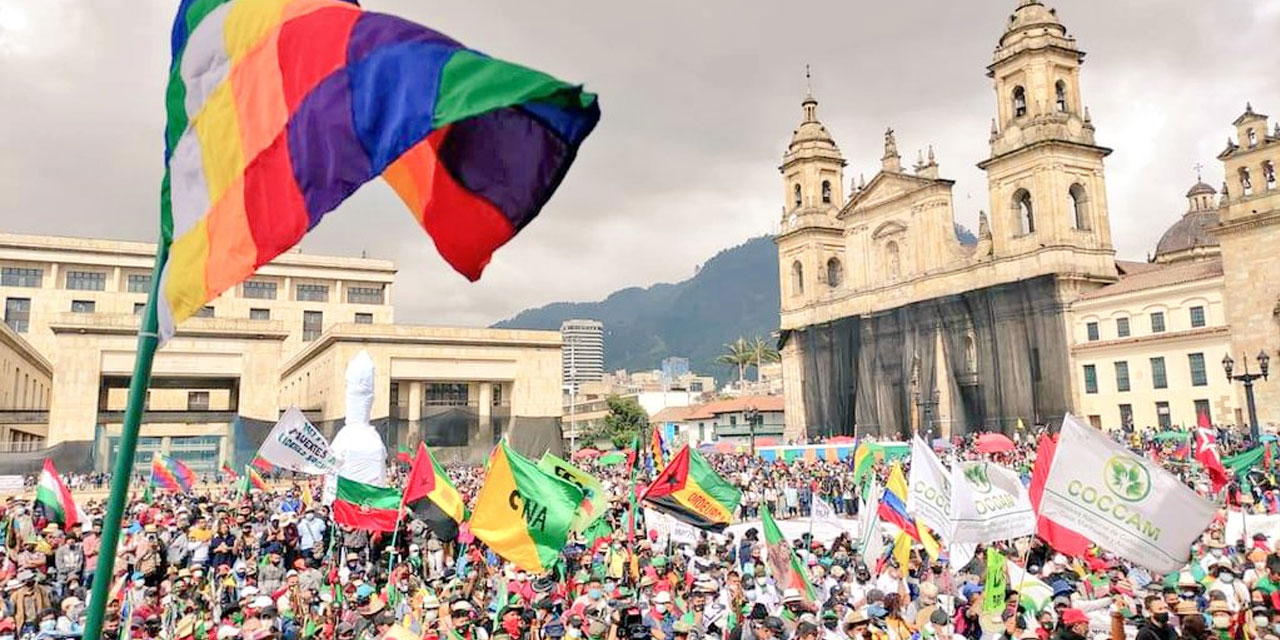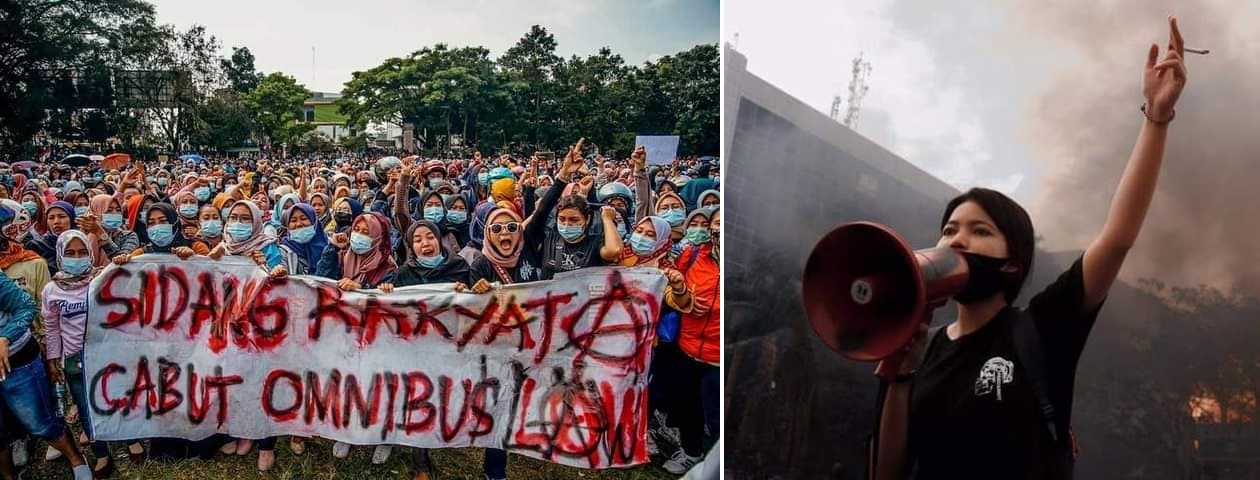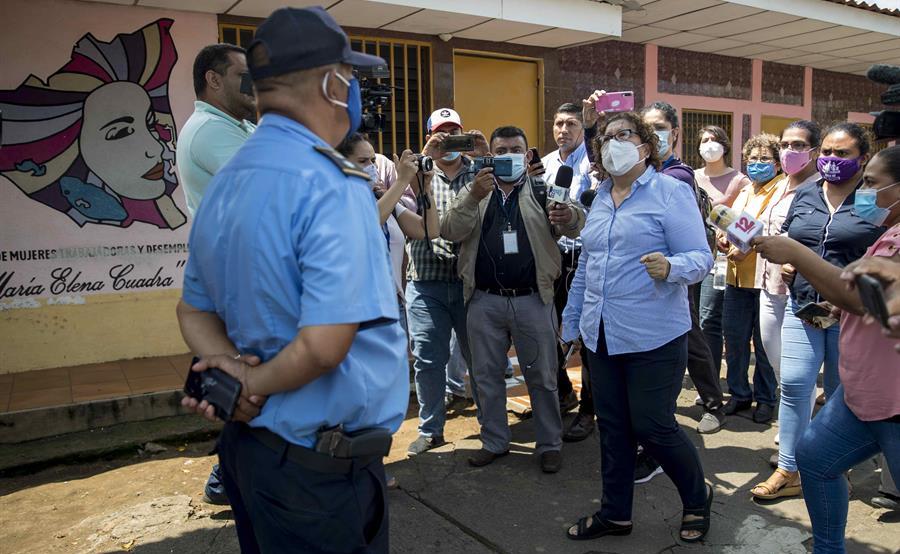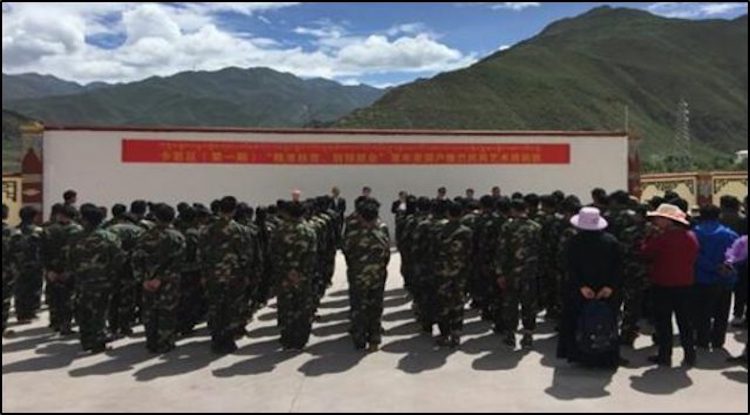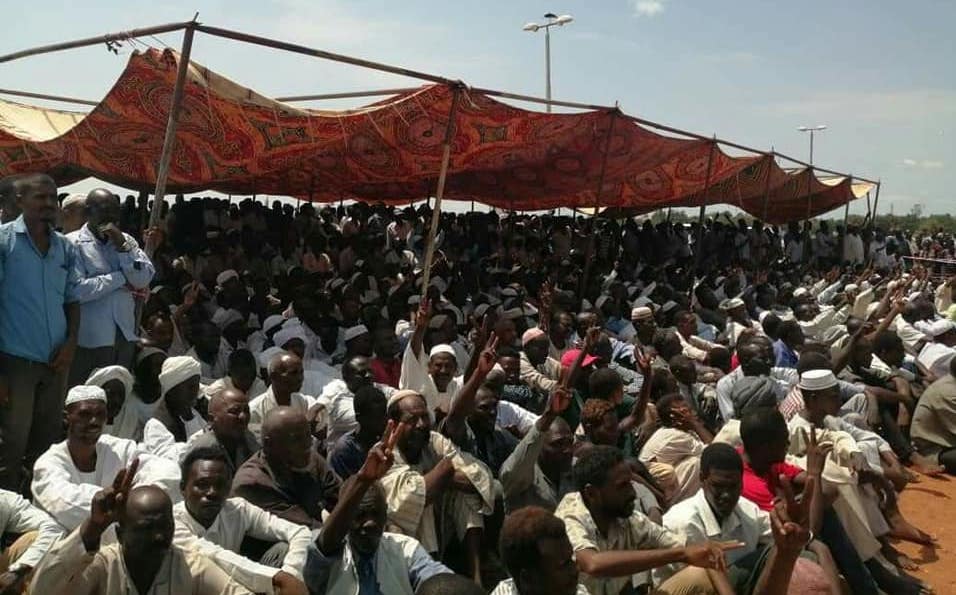
China: rights defender detained in ‘quarantine’
Li Qiaochu, a feminist, labor researcher, and human rights defender who has especially advocated for the rights of migrant workers in China, is being held incommunicado following her arrest for “subversion of state power.” Li was detained in Beijing, where she lives, and taken to Linyi city in Shandong province, where her partner and fellow human rights defender Xu Zhiyong is also detained and facing the same charge. Li’s detention follows her disclosure of Xu’s torture and mistreatment in detention. When Li’s lawyer formally requested that the Linyi Municipal Public Security Bureau grant access to her, he was told she is being held in quarantine at a local hospital. She is apparently to be transferred to the Linyi Municipal Detention Center once the quarantine is completed. (Image: FrontLine Defenders)



